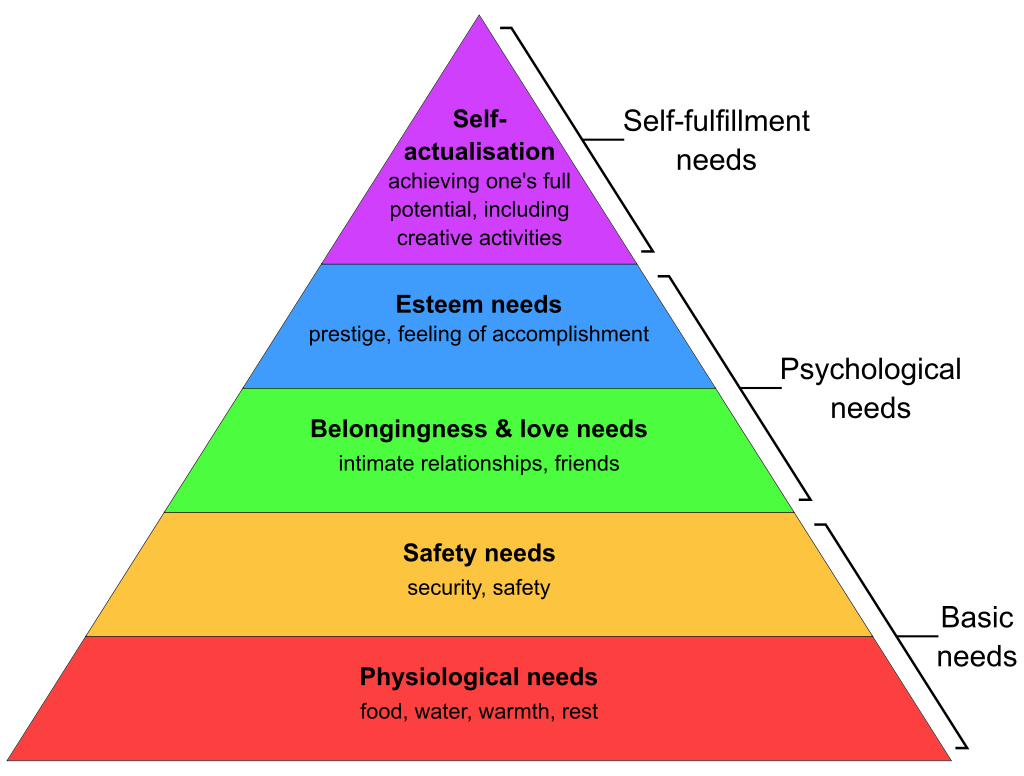Have you ever watched a series of “Black Mirror“, typically involving the use and abuse of contemporary technology, which triggers profound contemplation among the audience regarding the potential dangers that technological advancements may bring to the real world?
In the third season of “Black Mirror,” in the episode “Nosedive,” we are exposed to a terrifying scenario in which a society has established a system called “Social Rating.” This system tracks every activity and facet of an individual’s life, including social contacts, behaviors, speech, and even moods. It assigns a ranking to each person based on their behaviors. This rating system has a significant impact on every element of people’s lives, from work possibilities to their ability to find romantic partners, making it critical for individuals to maintain a high ranking.
This episode makes me think about how the social rating system could endanger our freedom and privacy. To begin with, it encourages self-censorship by discouraging people from voicing dissenting viewpoints or criticizing the system in order to fear negative consequences on their ratings. This fear significantly restricts free speech and personal expression, causing society to adopt a single, conformist style of thinking.
In addition, the social evaluation system encourages risk aversion. Individuals avoid engaging in contentious activities or dealing with those who have low ratings in order to protect their own ratings. Such behavior suffocates creativity and diversity and can result in a society with a single viewpoint. It also causes severe social division by classifying people into high-score and low-score groups, reducing social cohesion.
The five levels of Maslow’s hierarchy of needs

The Hierarchy of Needs theory developed by psychologist Abraham Maslow also provides insight into this circumstance. In my opinion, the social rating system may cause people to overvalue their social needs, seeking external validation while ignoring more fundamental wants like self-actualization and self-worth (Gambrel and Cianci, 2003). This imbalance can be harmful to one’s mental health.
Individuals may sense a division between their virtual and real selves as a result of the social rating system. They may become overly concerned with maintaining a high-rated virtual image while ignoring their genuine needs and feelings. This split can cause identity uncertainty and make people progressively inauthentic.
References:
Gambrel, P. A., & Cianci, R. (2003). Maslow’s Hierarchy of Needs: Does It Apply in A Collectivist Culture. The Journal of Applied Management and Entrepreneurship, 8(2), 143. https://www.questia.com/library/journal/1P3-1178660531/maslow-s-hierarchy-of-needs-does-it-apply-in-a-collectivist
Netflix. (2016, October 12). Black Mirror | Nosedive Featurette [HD] | Netflix [Video]. YouTube. https://www.youtube.com/watch?v=R32qWdOWrTo


Recent Comments